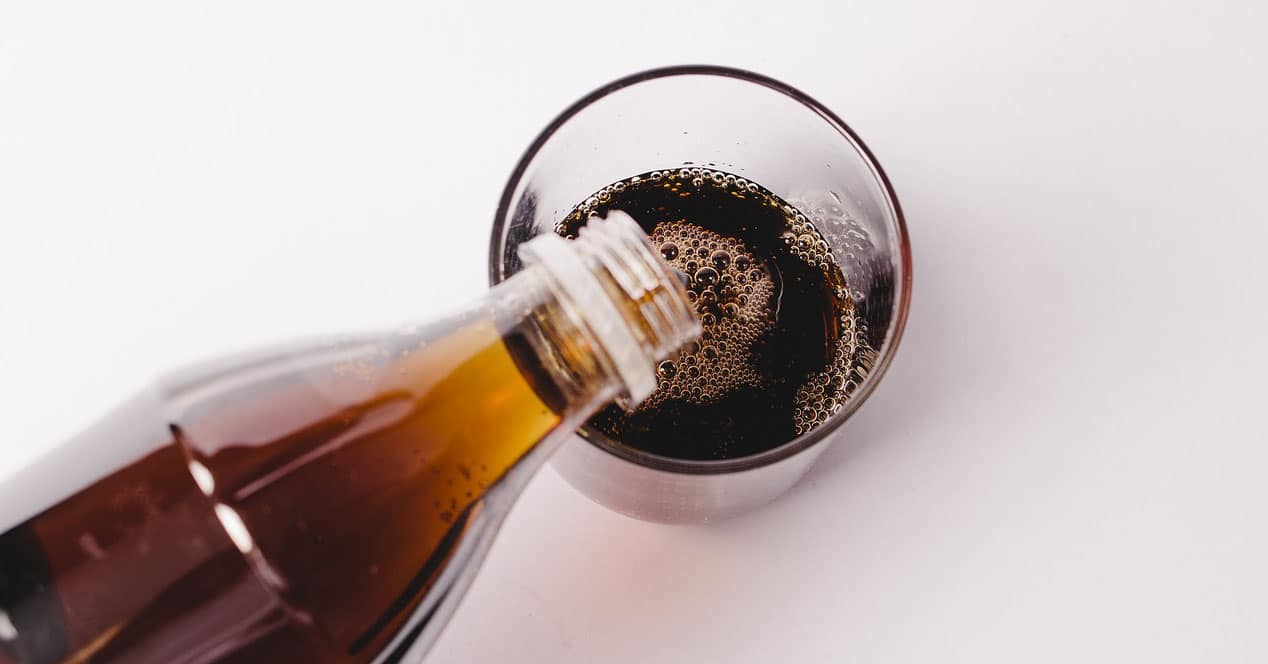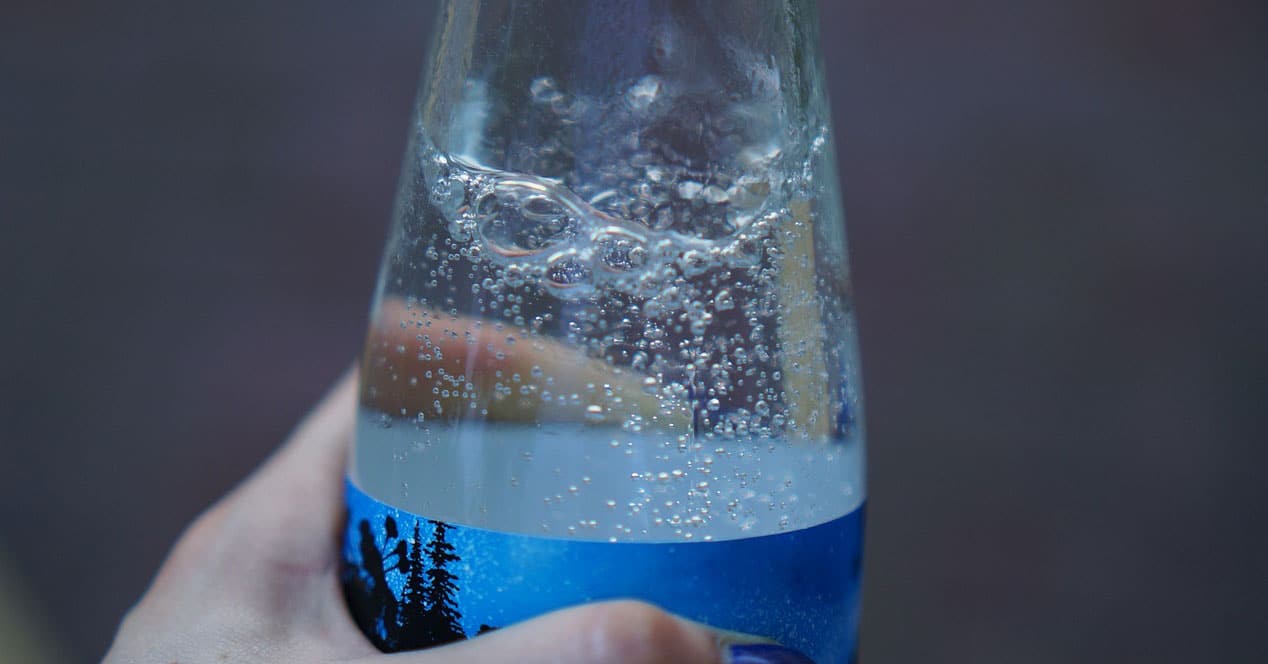
There are many people who consume soft drinks or soft drinks as if they were water. Some hide behind that they don't like water and need flavored drinks. The problem is that these soda drinks are more dangerous to health than we think.
Some components of soft drinks
Perhaps the gas is the least harmful to health compared to the rest of the components that we usually find in these drinks. We tell you some of them and how they act in our body.
- Phosphoric acid. It can interfere in the process of our body using calcium. That is, it can favor osteoporosis or the weakening of the bones.
- Caffeine. Drinks with this substance cause nervousness, insomnia, elevated blood pressure, cardiovascular problems, etc.
- Sugar. Sugar increases insulin levels, leading to high blood pressure, high bad cholesterol, heart disease, diabetes, being overweight, and many more side effects.
- Aspartame. This chemical is used as a substitute for sugar in light or zero soft drinks. It is one of the most dangerous, since it brings 92 different side effects to health such as brain tumors, malformations, diabetes, emotional disorders and seizures.

What happens after drinking soda?
The Renegade Pharmacist portal carried out an investigation to find out what are the consequences of soft drinks such as cola flavored ones, which are sugary and contain caffeine.
- 10 minutes later. We have taken about 10 tablespoons of sugar, exceeding the limit of daily intake. We didn't throw up instantly because of the sweetness. Both phosphoric acid and other aromas cancel out the flavor and allow us to continue as if nothing had happened.
- 20 minutes later. Sugar creates insulin spikes in the blood. The liver begins to convert sugar into fat.
- 40 minutes later. If it is a caffeinated drink, we will have already absorbed it all. The pupils will dilate and our blood pressure will rise, since the liver contributes more sugar to the blood.
- 45 minutes later. The body creates dopamine and stimulates the brain (it produces a heroin-like effect in the body).
- 1 hour later. Phosphoric acid binds with minerals such as calcium, magnesium and zinc in the intestine, giving a new boost to metabolism.
- after 1 hour. The diuretic characteristics force us to expel the calcium, magnesium and zinc that we were going to contribute to the bones. A sugar crash occurs and you can become a little irritable.